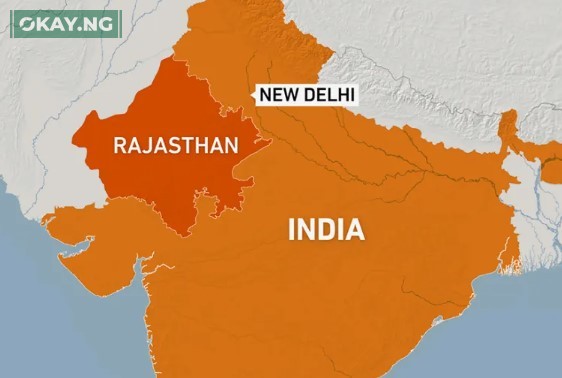India is gearing up to join the elite group of nations producing advanced semiconductors as Prime Minister Narendra Modi announced that the country will begin full-scale commercial chip production by the end of 2025.
Speaking in New Delhi during the inauguration of the Semicon India conference, Modi highlighted that preliminary test chips from global technology leaders, including Micron and Tata, are already being manufactured in India.
“Commercial chip production will begin this year,” Modi stated confidently. “This reflects how rapidly India is advancing in the semiconductor sector.”
Rising Market Potential
India’s semiconductor industry has experienced rapid expansion, with its market growing from $38 billion in 2023 to an estimated $45–50 billion in 2024–2025. Government projections set an ambitious target of $100–110 billion by the year 2030, underlining the central role chips will play in India’s industrial and digital future.
Currently, ten semiconductor projects worth approximately $18 billion in investments are underway across the nation. These include two ultra-modern facilities dedicated to 3-nanometre chip design—one in Noida and another in Bengaluru—positioning India at the forefront of global technology innovation.
India’s Strategic Edge
Prime Minister Modi stressed that India holds a comparative advantage in three critical areas:
Production of key components for semiconductor equipment.
Supply of essential materials, including specialty chemicals and minerals.
Expertise in research, artificial intelligence (AI), cloud computing, and big data analytics.
“Our journey began late, but nothing can stop us now,” Modi assured.
Human Capital Power
India is also banking on its deep pool of skilled talent. Modi emphasized that “20 percent of the global semiconductor design workforce comes from India,” demonstrating how the nation’s engineers and researchers are driving global chip design breakthroughs.
International Cooperation
This announcement comes shortly after Modi’s diplomatic visit to Japan, where Tokyo pledged investments worth 10 trillion yen ($68 billion) in India, covering semiconductor and AI collaborations.
As the world’s fifth-largest economy seeks new growth paths amid shifting global trade dynamics, India aims to establish itself as both a self-reliant and globally competitive chip hub.
“Today’s India inspires confidence in the world,” Modi concluded. “When the chips are down, you can bet on India.”
okay.ng reports that the government has framed its semiconductor ambitions as part of a broader strategy to build a “complete ecosystem” spanning design, fabrication, and packaging—ensuring India is not only self-sufficient but also a reliable player in global supply chains.







